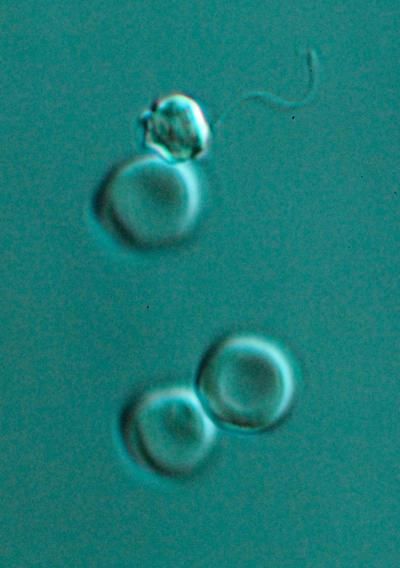Kelvin Lee winner of Biochemical Engineering Journal Young Investigator Award
The Biochemical Engineering Journal and the ECI Biochemical Engineering Conferences have announced that Kelvin H. Lee, Gore Professor of chemical engineering at the University of Delaware and Director of the Delaware biotechnology Institute, is the winner of the Biochemical Engineering Journal Young Investigator Award. This biennial award recognizes outstanding excellence in research and practice contributed to the field of biochemical engineering by a young community member.
The award consists of a cash prize of 2,500 U.S. Dollars and a plaque presented at the 2009 Biochemical Engineering Conference. Professor Lee will present a lecture at the conference and will also be invited to compose a review article for the Biochemical Engineering Journal .
He received a BSE in Chemical Engineering from Princeton and PhD in Chemical Engineering from Caltech. He spent several years in the Biotechnology Institute at the ETH in Zurich, Switzerland and also completed a postdoc in Caltech's Biology Division. Prior to his current appointment, he was on the faculty at Cornell University where he held the titles of: Samuel C. and Nancy M. Fleming Chair Professor, Professor in the School of Chemical and Biomolecular Engineering, Director of the Cornell Institute for Biotechnology and Director of the New York State Center for Life Science Enterprise.
He has been recognized in a number of ways: DuPont Young Professor award, NSF CAREER award, Cornell's Barger '50 Engineering College Excellence in Teaching award, Cornell's Menschel Award for Distinguished Scholarship, and the Dreyfus Foundation Teacher-Scholar Award.
He has also been recognized by Technology Review as a Top Innovator in Business and Technology, by the journal Metabolic Engineering with the Jay Bailey Best Paper award, and by the designation of Distinguished Professor by the New York State Office of Science, Technology, and Academic Research. He serves as an advisor to a number of small and large biotechnology and pharmaceutical companies.
His research interests include: the diagnosis and treatment of Alzheimer's and Parkinson's disease, the production of protein-based therapeutics and the development of technologies for protein analysis.
Other news from the department people
Most read news
More news from our other portals
See the theme worlds for related content
Topic world Protein analytics
Protein analytics provides a deep insight into these complex macromolecules, their structure, function and interactions. It is essential for discovering and developing biopharmaceuticals, understanding disease mechanisms, and identifying therapeutic targets. Techniques such as mass spectrometry, Western blot and immunoassays allow researchers to characterize proteins at the molecular level, determine their concentration and identify possible modifications.

Topic world Protein analytics
Protein analytics provides a deep insight into these complex macromolecules, their structure, function and interactions. It is essential for discovering and developing biopharmaceuticals, understanding disease mechanisms, and identifying therapeutic targets. Techniques such as mass spectrometry, Western blot and immunoassays allow researchers to characterize proteins at the molecular level, determine their concentration and identify possible modifications.


























































